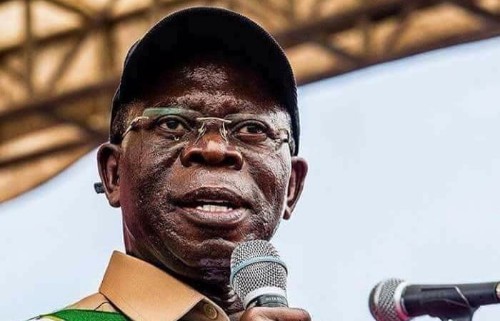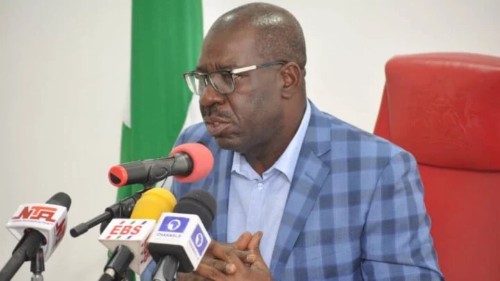Adams Oshiomhole, senator representing Edo North, claims Godwin Obaseki, the current governor of Edo, will lose his political influence after the September 21 governorship election.
This statement comes after INEC declared Monday Okpebholo of the All Progressives Congress (APC) the winner with 291,667 votes, surpassing Asue Ighodalo of the Peoples Democratic Party (PDP), Obaseki’s preferred candidate, who garnered 247,274 votes.
Speaking on Monday on ‘Politics Today’, a programme on Channels Television, Oshiomhole said Ighodalo’s loss should sound the death knell on Obaseki’s political career.
The former governor of Edo also faulted Obaseki for visiting the INEC office in Benin City in the wee hours of Sunday, as the commission prepared to commence collation of results.
“I was a governor. Once I finish voting, if I like I’d wait at the polling booth for a bit, chat with people and then I go home. If I find that my appearance is attracting more attention, I just quietly head home,” Oshiomhole said.
“How can a sitting governor go to a collation centre? To intimidate or possibly influence the results or to change the results? What was he doing there? How can a governor go to a collation centre when collation is going on?”
Obaseki had said his mission to the INEC office was to find out why the electoral umpire had not commenced collation.
Oshiomhole also criticised the outgoing governor for labelling the election a “do-or-die affair” days before the polls.
“Obaseki said the election was a do-or-die affair. He told you that here. He insisted. Now, the people have done it, he’s dead,” the senator said.
“Now the people have done it, I guess he’s politically dead. I know so. The verdict is out.”
Oshiomhole said Okpebholo should not be judged on the basis of his inability to communicate in fluent English.
The governor-elect shunned a handful of television invitations before the election, with many often referencing his smattering English on the campaign trail.
“So, if you can speak good grammar because you sit on a board, nobody knew how you became a board chairman… Edo people have spoken,” he added.
“When a man goes to a village and speaks his dialect, he has more impact on those communities than when you speak high profile English that when you finish, people will ask ‘what did he say’?
“Monday communicated with the Edo electorate and it worked.
“The mistake you TV hosts make, many of you, is to assume that anyone who doesn’t appear before you… you exaggerate the importance of television viewers.”
Oshiomhole also described the governorship poll as “free and fair”.
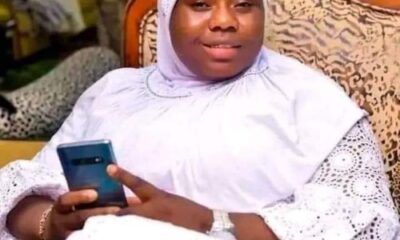
 BIG STORY3 days ago
BIG STORY3 days ago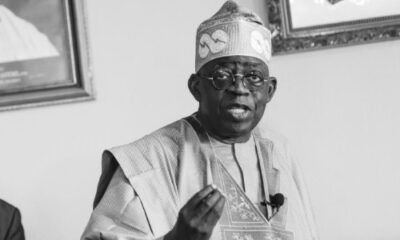
 BIG STORY4 days ago
BIG STORY4 days ago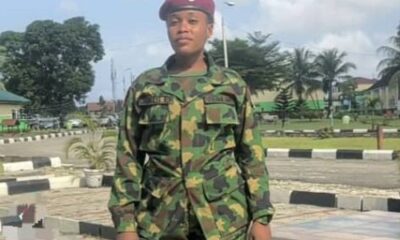
 BIG STORY3 days ago
BIG STORY3 days ago
 BIG STORY2 days ago
BIG STORY2 days ago
 BIG STORY2 days ago
BIG STORY2 days ago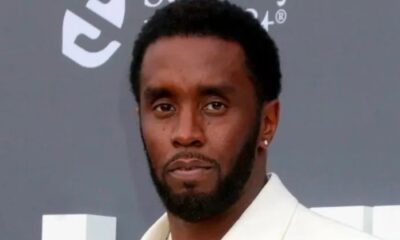
 BIG STORY2 days ago
BIG STORY2 days ago
 BIG STORY1 day ago
BIG STORY1 day ago
 BIG STORY23 hours ago
BIG STORY23 hours ago







